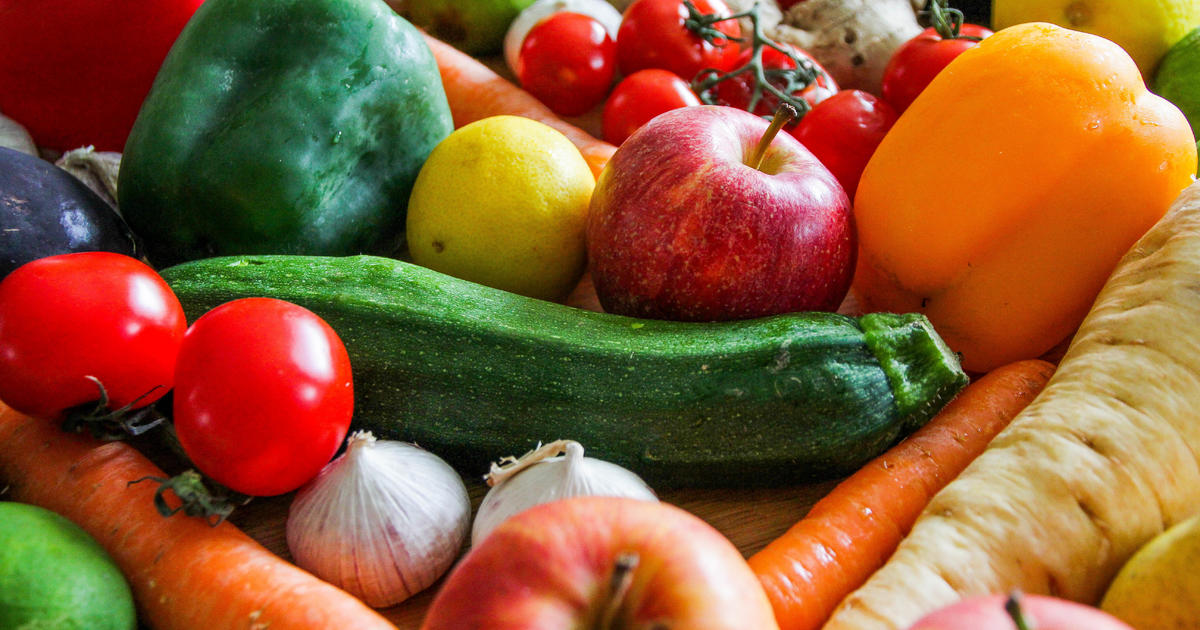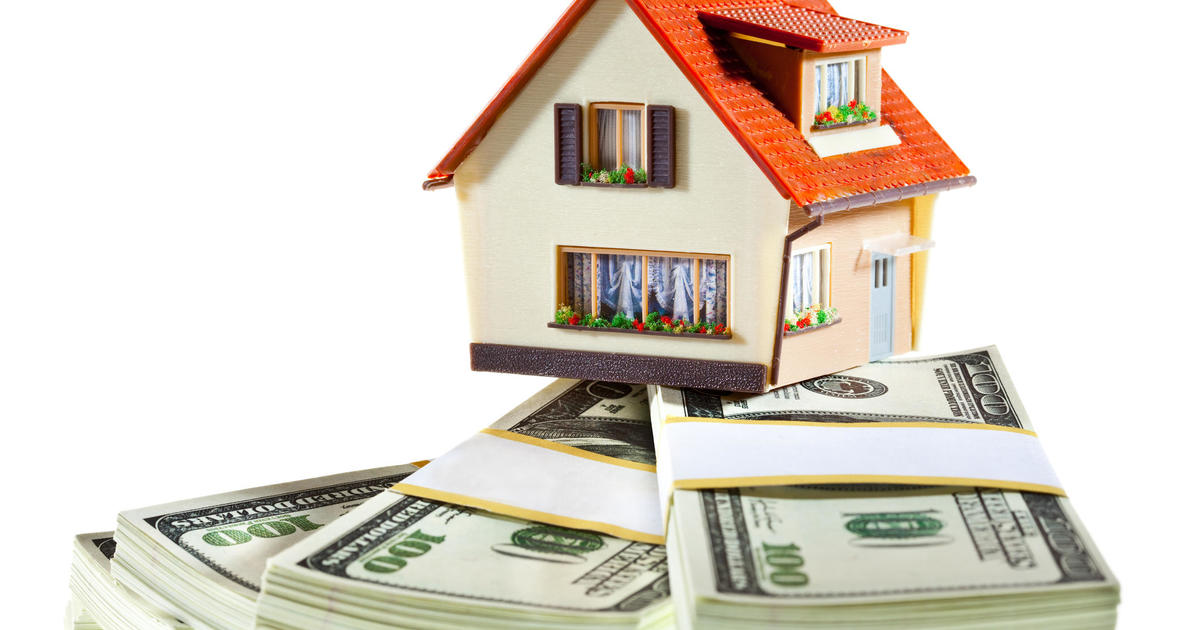U.S. economy rebounded strongly in the third quarter
The U.S. economy grew at a record annualized rate of 33.1% between July and September, clawing back much of the ground it had lost during the coronavirus-fueled shutdown earlier in the year, the Commerce Department said Thursday.
The government reports gross domestic product — the total value of goods and services the economy produces — as an annualized number. On a non-annual basis, the country's output plunged 10% in the first half of the year before growing 7.4% in the third quarter. That means the U.S. has recovered roughly two-thirds of the economic activity it lost earlier this year during pandemic shutdowns of businesses, schools, entertainment venues and government offices.
Increased consumer spending, private investment and exports drove the three-month increase in July, August and September, which was partly offset later in the quarter by falling government spending as stimulus funds dried up and states and municipalities slashed their government budgets.
Consumer spending surged by a record 40.7% in the third quarter, as Americans resumed shopping after the spring shutdowns. Spending shifted from services, such as dining out, to durable goods, especially cars.
Although the nation's GDP now tops $21 trillion, that remains lower than overall output last year before the virus hit.
"The record headline growth number looks spectacular, but it leaves the level of GDP 3.5% lower than in Q4 last year, before Covid struck," Ian Shepherdson, chief economist with Pantheon Macroeconomics, told investors in a research note.
A "noxious brew developing"
The economy is now weakening again and facing renewed threats as winter approaches. Coronavirus cases are surging, and hiring has sagged. Government stimulus also has largely run dry. With no further federal aid in sight this year, Goldman Sachs has slashed its growth forecast for the current fourth quarter to a 3% annual rate, half of its previous estimate.
"We have a pretty noxious brew developing with the pandemic intensifying, the lack of any further government stimulus and signs showing that the economy is already slowing pretty significantly," Mark Zandi, chief economist at Moody's Analytics, told the Associated Press.
Zandi predicted GDP could regain its pre-pandemic levels by early next year, while the job market might take another two or three eyars to fully recover.
"Many of the jobs in retailing, leisure and airlines have been permanently lost," Zandi said, "and those folks will have to find different work, and that will take time."
More than 22 million people are currently receiving jobless aid, the U.S. Labor Department said in a separate report Thursday. The economy is about 11 million jobs short of its pre-pandemic levels.
"Tenuous and uneven"
The quarterly GDP figures are the last major economic report to be released before the November 3 election, with President Donald Trump staking his campaign largely on the strength of the pre-pandemic economy. The U.S. is coming off an 11-year streak of economic expansion, the longest period of growth since recordkeeping began in the mid-1800s.
The coronavirus has since thrown the economy into its deepest slump in decades, and the recovery will be "tenuous and uneven," Madhavi Bokil, vice president at Moody's Investors Service, predicted in a report to investors.
The boost in online shopping has helped states like Georgia, where the transportation and logistics field has a strong presence and which is rated as a toss-up in the upcoming election, according to CBS News' Battleground Tracker. Meanwhile, states that rely heavily on tourism and hospitality, such as Arizona, Florida and Nevada, are seeing more sluggish growth.
Rising coronavirus counts in most states threaten to halt or even reverse the economy's recent gains. Wisconsin Governor Tony Evers has pleaded with people to stay home, while Governor J.B. Pritzker of Illinois has banned indoor dining and drinking in Chicago and limited the size of gatherings in response to a surge in cases.
"It will probably be towards the end of 2021 before we return to previous levels of GDP, and if the next surge of COVID causes even more shutdowns, it will be longer than that," Bokil of Moody's wrote.
The Associated Press contributed reporting.



